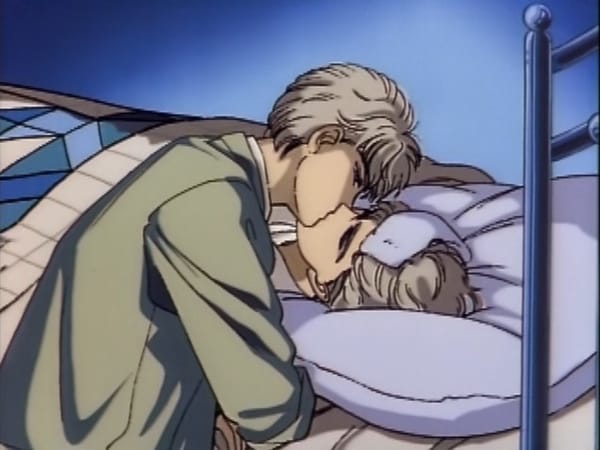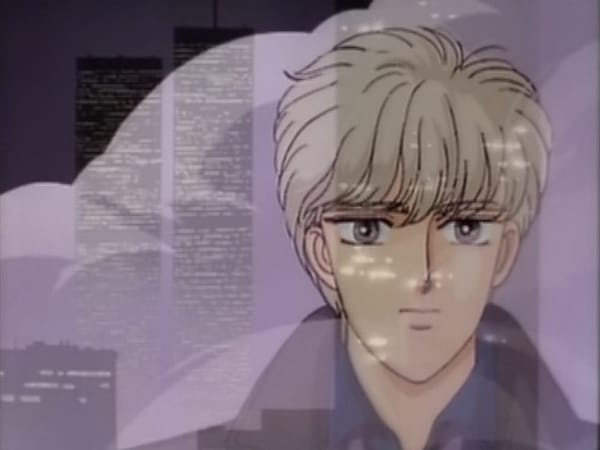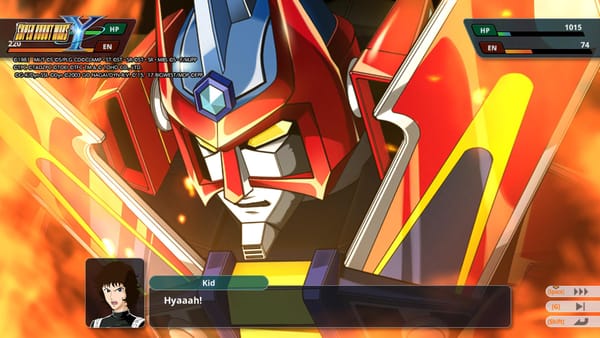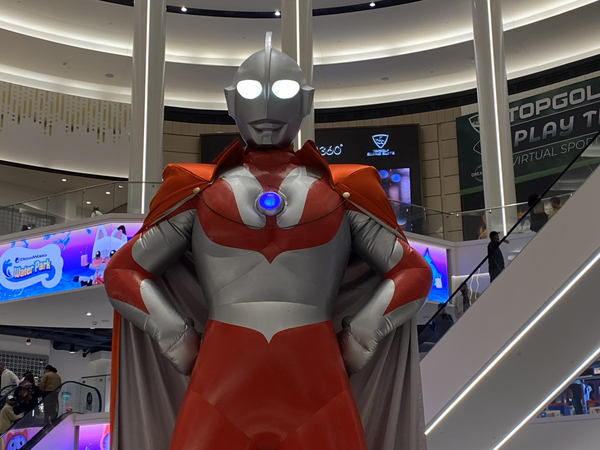Riichi City's lenient ranking system makes pub-stomping inevitable
Sometimes the gate is there to keep you from getting hurt
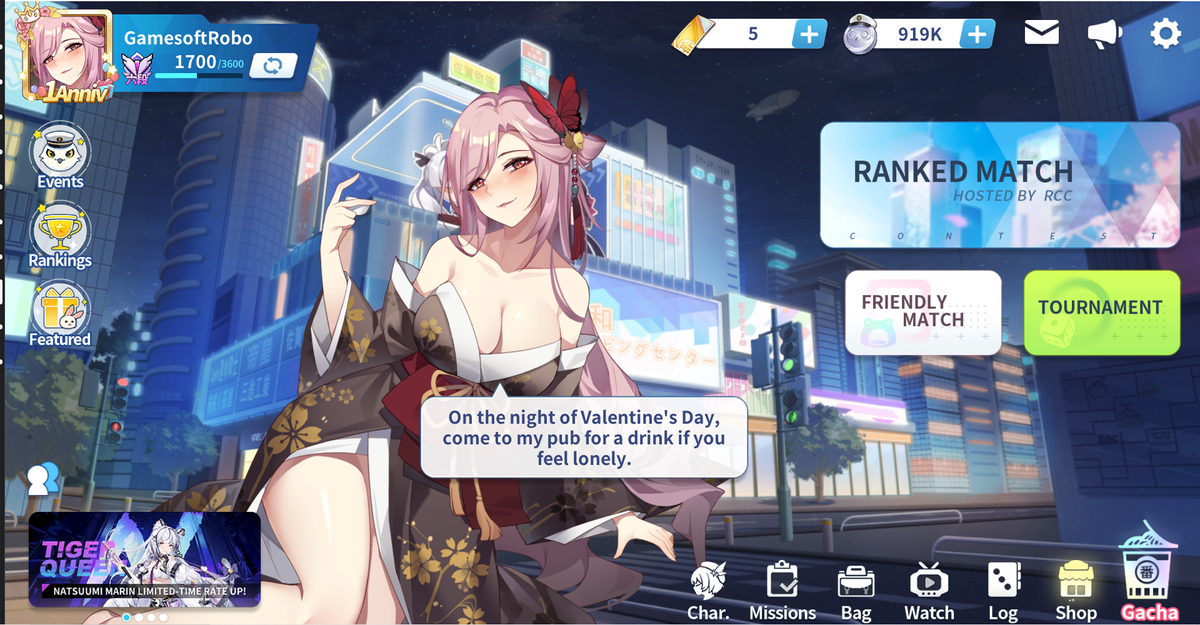
I’ve been playing on the relatively new online anime-girl mahjong client Riichi City not because I prefer it to other clients, but because my results there have been ridiculously good. Over 175 games— not a huge amount by mahjong standards— my first-place rate is nearly 30% and my last-place rate is just under 20%. For those of you not so well-versed in mahjong statistics, even strong pros tend to only win 25% of the time, and a 20% loss rate is about as low as it gets. I’ve shot up the ranks to 6th dan, and reaching the highest-ranking “Galaxy” table looks like a matter of time.
I’ve been improving rapidly this year, but my stats and results on other platforms, particularly Mahjong Soul— which I, to my current regret, never took seriously— are nowhere near this good. (For credentials: my last Tenhou account was 5dan/1800R.) I don’t think I’m as good as these numbers indicate. How is this happening, and why Riichi City in particular?
While it’s true I’ve had a pretty strong run of good luck, I think it really comes down to matchmaking. The issue as I see it is a system that matches players with massive skill disparities, resulting in skilled players getting inflated stats from defeating much weaker players over and over again: the competitive equivalent of leveling up by beating up slimes.

City is in most features a clone of Mahjong Soul, but for ranking it instead uses a typical dan rank system and a granular “R” skill rating more reminscent of the hardcore competitive client Tenhou. (I’m 6th dan, 1900R on City.) It divides players into four lobbies. The beginner lobby, Star, is meant specifically for players in the beginner pre-dan ranks. Once you make first dan— representing as it does a certain degree of basic competence— you’re expected to move up to the general lobby (Moon), but players are allowed to stick around in the beginner lobby until 3rd dan in case they’re not yet sure of their skills… or they’re just raking in easy wins on purpose.
Tenhou also has its share of cowardly low-dan players beating up newbies in the beginner lobbies to inflate their stats. But those players don’t end up with the crazy records you see on City. What’s the difference?
On Tenhou, you lose more rank points from losing in last place than you gain from winning in first place. This means that you have to have a consistently strong winning record to move up the ranks, and the further up you get the more you lose from a loss. Players get stuck crawling up and down the Tenhou ranks for years; to even win the right to play at the advanced table (tokujou) is a major landmark in a player’s growth. The highest table (houou) is packed with professional-grade players, and the group of players who have reached Tenhou’s highest rank is a small and elite club indeed.
On City, it’s the reverse: You win slightly more rank points from first place than you lose from last place. This means that so long as you’re baseline competent and you keep playing matches in the lobby appropriate to your rank, you’ll definitely move up the ranks eventually. This is certainly a deliberate design decision to keep players on more of a reward track, relative to the merciless and emotionally draining Tenhou ladder system.
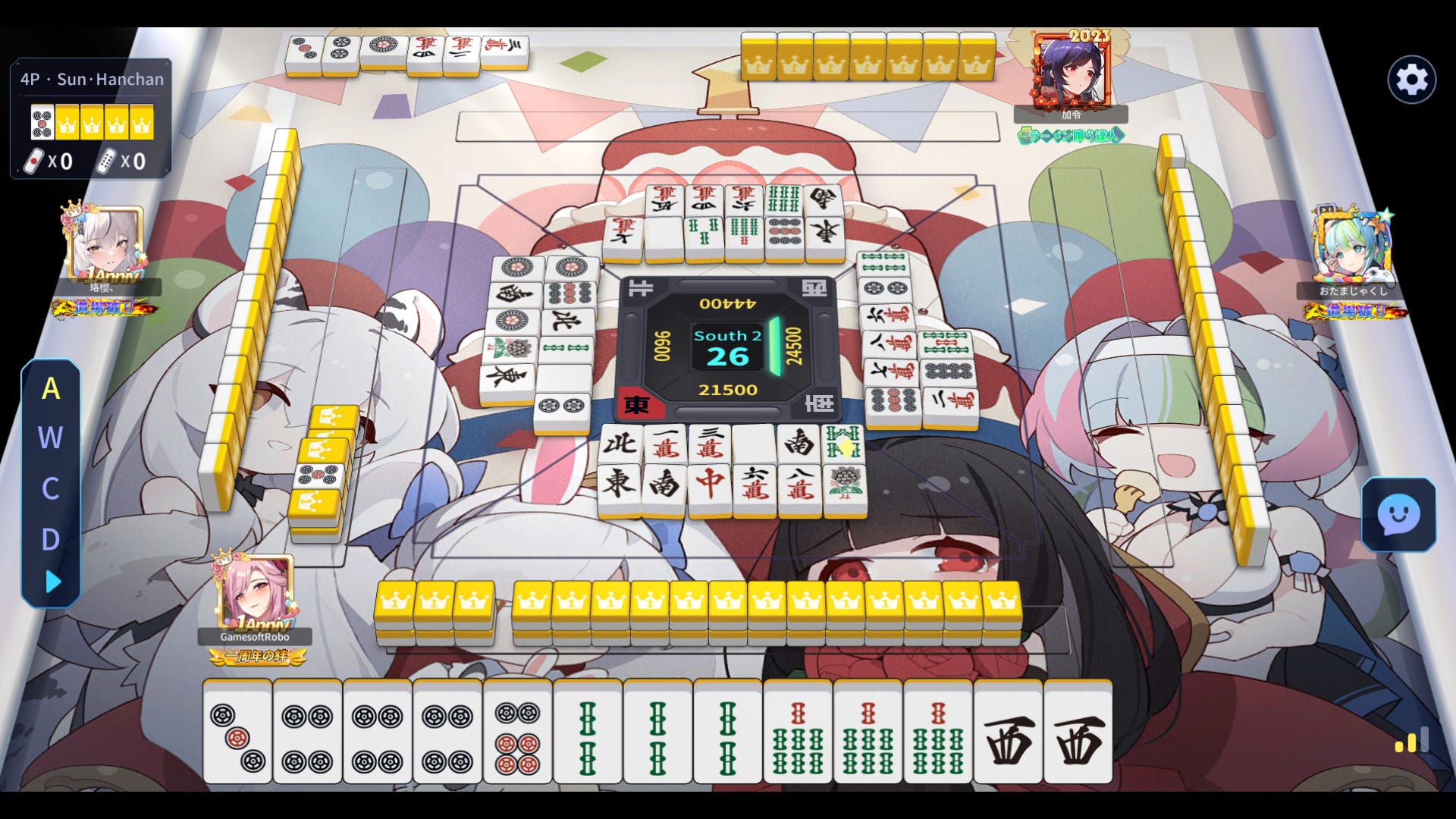
I play on the advanced lobby in Riichi City, called Sun, which requires a minimum 4th dan rank. (The final table, Galaxy, has a very high 7dan/1800R requirement, which I’ll eventually make it to.) The equivalent lobby on Tenhou, tokujou, requires 4th dan and a 1800R skill rating, a tough standard that guarantees only strong players can enter and which keeps many long-term players walled-out and frustrated. Perhaps to alleviate this frustration, Sun doesn’t have an R requirement.
Even so, relatively few players use this lobby; when I play my nightly matches there are usually only a concurrent 30 players or so compared to the lower tables’ 250.1 (Note that I’m on during what are prime work hours in Japan, Riichi City’s home nation.) Just waiting for four players to arrive can take a long time. In general, players on City appear quite content to stay on the lower levels.
With Riichi City’s more lenient ranking system, making it to the Sun lobby is no guarantee at all of a high skill level. Either you’re an accomplished player who blasted through the ranks like me, or you simply played for long enough to make 4th dan. With enough sheer persistence, after all, even a beginner will eventually make it to that rank.2
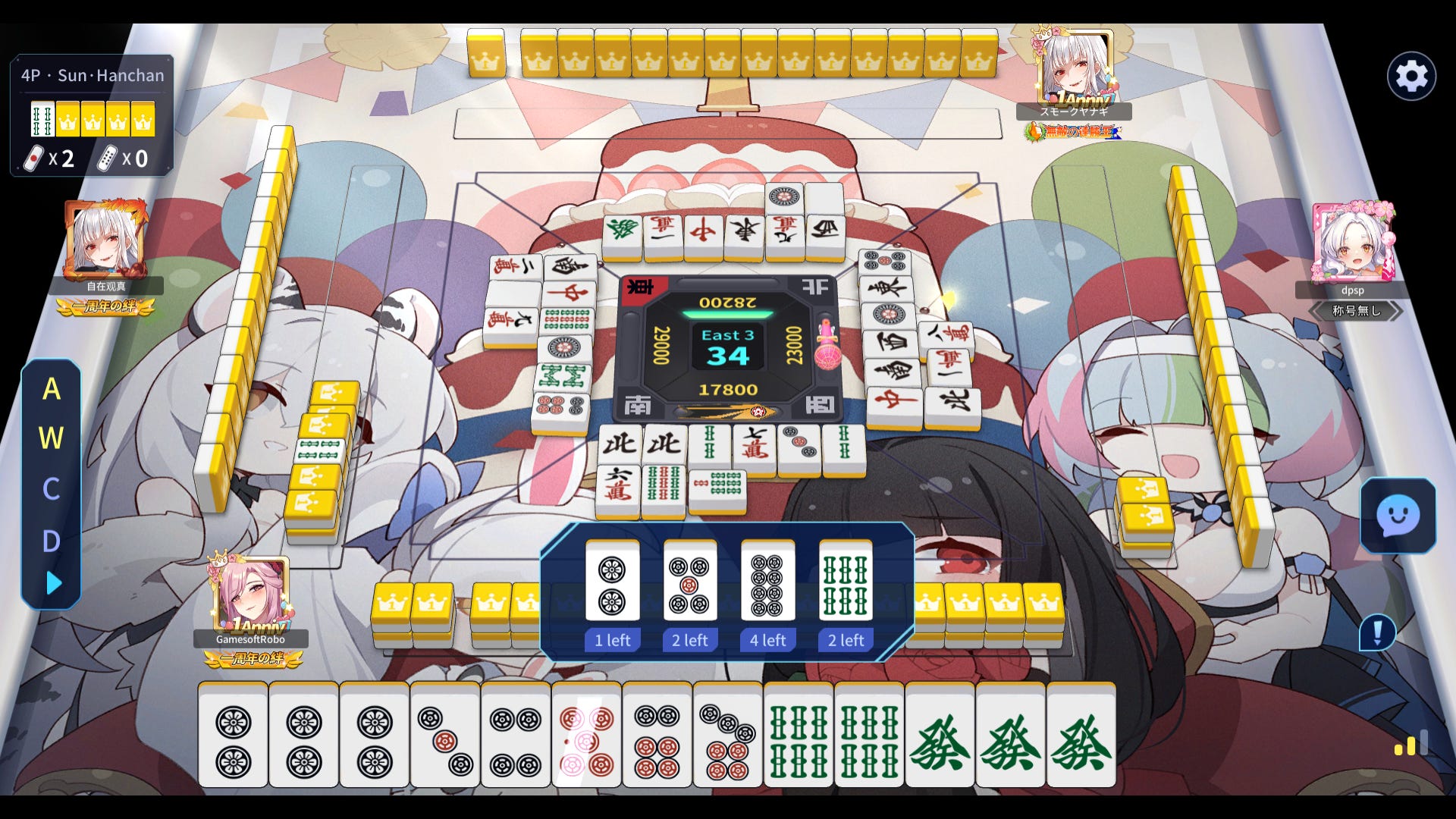
And that’s the problem. The Sun room filters for two groups: strong players and weak players who nevertheless play a lot of matches. Though mahjong is a gambling game fundamentally driven by the luck of the draw, you still don’t want really skewed matchups like this, because the skill element is strong enough that the expert will usually dominate. And dominate they do.
I started to think about all this in the first place because I found myself gawking at the beginner moves players were regularly making in my Sun table matches. The kind of moves that make an old hand recoil in shock and ask “you discarded what?!”. (They discarded a red 5m as their last tile with two riichis on the board.)
After my Sun games I often rush to the log for the game I just played, desperate to know what kind of high-scoring hand a player was holding when they made a particularly bold and dangerous move. I usually discover that they didn’t even have a hand to begin with, that they probably didn’t even know it was dangerous. Just total beginner stuff.
See, the 4dan/1800R wall in Tenhou isn’t there just to establish a high standard of competition beyond that point. It’s there to protect low-level players from players they do not yet have any chance against.
I spectated a few random Sun games for the sake of this piece and found in one game a 1950R player (advanced) sharing a table with a 1700R player, a 1750R player (both intermediate), and a 1450R player (below beginner). This wide range is pretty typical, and I saw even wider edge cases as I looked through matches. Though I didn’t stick around for the game, I’m pretty sure the 1950R player would generally dominate the aforementioned matchup.
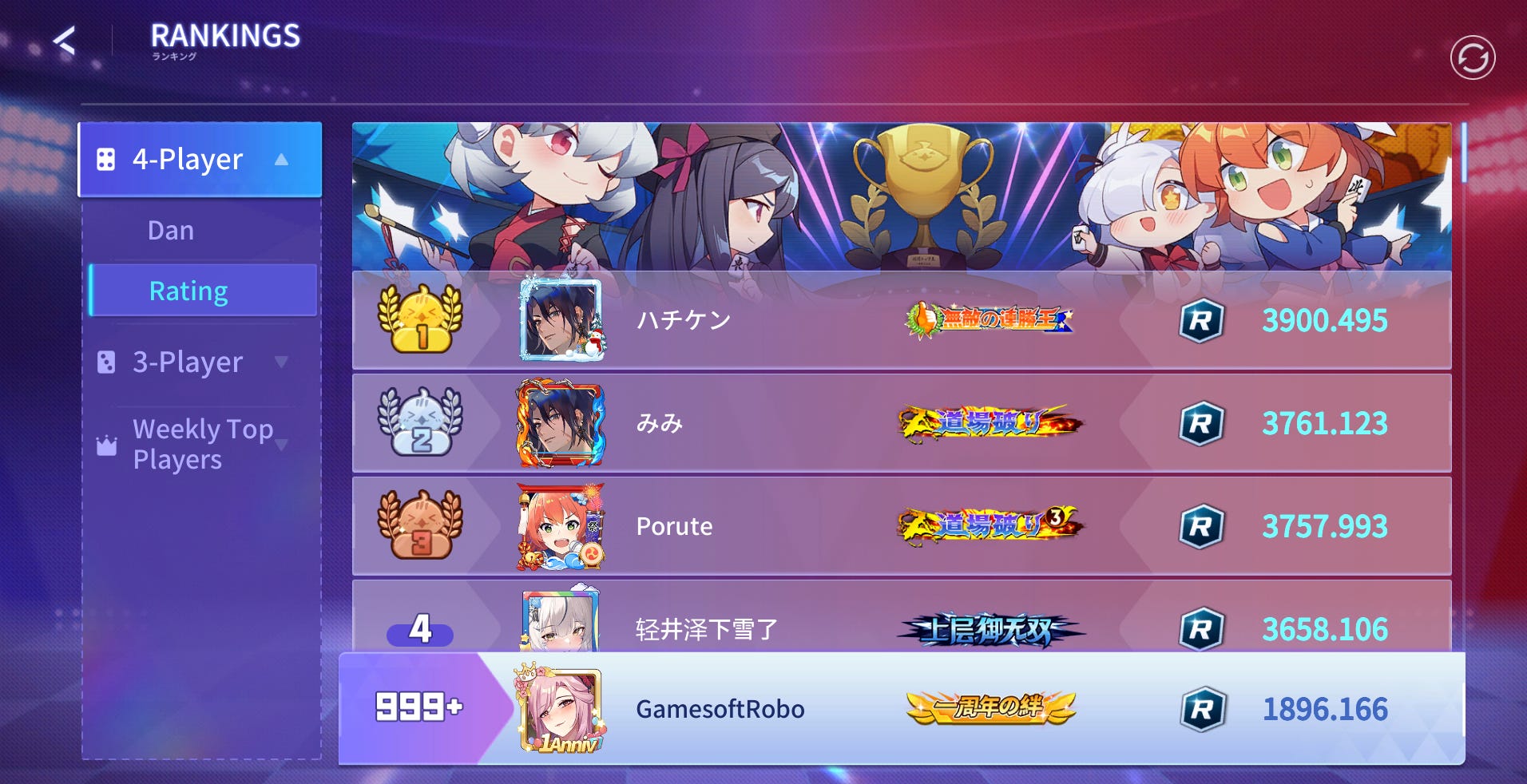
You can see this phenomenon in the rankings, where the top rankers approach a boggling 4000R. (On Tenhou, the very best players are at 2200R!) Like with rank, I suspect the game creates more R points than it deletes. So if you’re really good, the R number just keeps on going up forever, effectively making it irrelevant as a scale of relative competitive skill.
Tenhou’s best-in-class ranking system effectively serves to match players with very similar skill levels, at the cost of being so brutally strict that a string of losses can be emotionally damaging.3 Mahjong Soul bypassed this issue— and arguably re-energized online mahjong— with more grind-oriented experience point systems, keeping players playing and leveling up at the cost of quality matchmaking. Regardless of their skill level, players have to play Soul for a very long time before they’re let out of the two beginner pools. Riichi City tries a system more like Tenhou’s, but in removing some of the skill gating that makes Tenhou work, it establishes a busted system.
But the funny thing is, the busted ranking system is why I’m on Riichi City right now. The too-horny character designs are frequently off-putting4, and the art and animation lack the polish of Soul. But I know I can make the highest table here and start playing against some really strong competition5 in a much faster time frame than I would on Soul, or with my new Tenhou account. I want to see where I top out. On a run like the one I’m on, it’s natural to want to chase it as far as it can go. So maybe it’s all working as intended.
This has not escaped the developers’ notice: as I write this they just established a “Sun Table Battle” event that incentivizes people playing on the Sun table with prizes. This will of course make the Sun table even more of a killing field than it was. ↩
Anecdotally, I’d say you can’t make it to 5th dan without being decent; that is, I’ve never seen a weak 5th dan and I’ve seen a lot of weak 4th dans. ↩
Ask a long-time player and you will hear only despair. The depression and isolation of the online MJ ladder are a whole other story. I have come to love mahjong so much more and become so much more dedicated to improving since I started playing in person and in leagues and tournaments. ↩
Obviously I like the over-the-top character that I’m using, but this is also a game where the child character evolves into “child in wedding dress”. There is a fine line between otaku and gross otaku and City stands proudly on the gross side. ↩
To my great surprise I’ve encountered a pro or two. ↩
